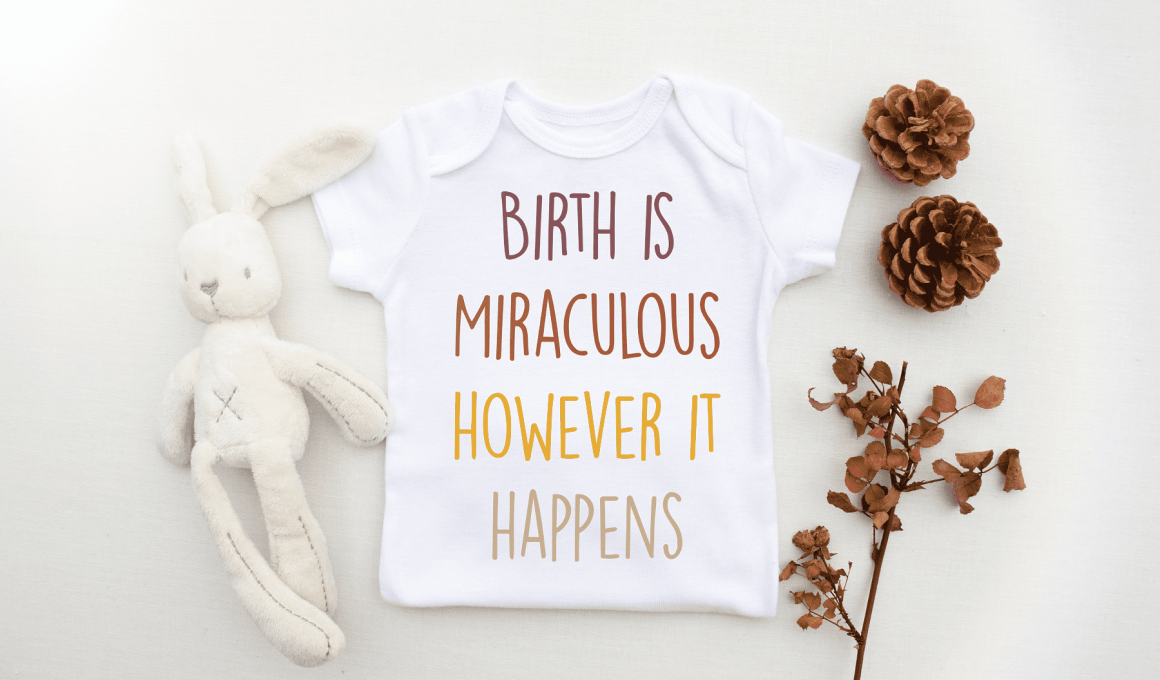Birth affirmations and trauma, a hidden trigger
Let’s talk about affirmations: what they are, the potential risk they pose, and how we can fit them into a trauma-responsive framework…
Firstly, what exactly are birth affirmations?
Affirmations are generally short phrases that are created with the intention to motivate, inspire and encourage individuals to take action in achieving their goals.
This phrase is repeated often with the intent to imprint it on the subconscious mind, working to change thoughts and behaviours.
In the perinatal space affirmations are commonly encouraged for use during pregnancy in preparation for birth; during birth itself; and also during postpartum and early breastfeeding, to motivate and inspire women to achieve a particular labour/birth/mothering goal.
So where is the harm in that?
The harm isn’t in the use of affirmations themselves, but it potentially lies in the language used in affirmations. As I’ve said many times before, language has significant power. It has the power to motivate and inspire, but it also has the power to trigger nervous system responses, particularly when previous trauma has occurred.
The language often used in labour and birth affirmations in particular can be highly triggering for some.
Open.
Surrender.
Soften.
Release.
I accept and welcome what is to come.
… Traumatic experiences often occur within power imbalances where an individual has been forced to give up control and submit in some form.
I trust my instincts.
Fear is a liar.
I am listening to my body.
… For survivors of child and/or sexual abuse in particular an individual may have had to dismiss their instincts so there is often a present disconnect between mind and body so they are unable to tap into their instincts or their body. And when they aren’t able to do this, a sense of brokenness ensues.
Emotionally and psychologically, language in affirmations has the capacity reignite themes of threat, powerlessness and failure. Physically, it has the capacity to trigger the fight/flight or freeze response. None of which are wanted in the perinatal space.
But we won’t always know if previous trauma has occurred so how do we mitigate this?
By encouraging our clients and patients to choose their OWN language and create their own affirmations. If you’re a perinatal professional reading this, simply avoid presenting your clients/patients with pre-written affirmations, and work with them to identify which words and phrases genuinely inspire and motivate them. This enables individuals to still reap the benefits of affirmations, without the risk of triggering trauma responses. The process of creating their own affirmations can also support them in identifying words that do trigger them which they can then communicate to other caregivers to avoid using.
Birth affirmations can be a potent tool in the perinatal space, but like with every interaction we have with our clients/patients, it’s vital that we take a step back and look at it through a trauma-responsive lens.
If you’re a perinatal professional and you want to take a step closer to becoming trauma-responsive in your care, my free download will get you started with 5 simple, actionable tips to set strong foundations in responding to trauma. Download it here.

My name is Fiona Rogerson and I am a registered Trauma and Perinatal Perth Counsellor and Childbirth Educator. I work with women and men to overcome emotional and psychological hurdles surrounding birth trauma, childhood trauma, traumatic experiences, as well as conception, pregnancy, postpartum, parenting and identity. I am also available to provide supervision, mentoring and professional development training and workshops. I am based south of the river in Perth. To work with me, email at fiona@fionarogerson.com.au or phone 0402 017 425.














